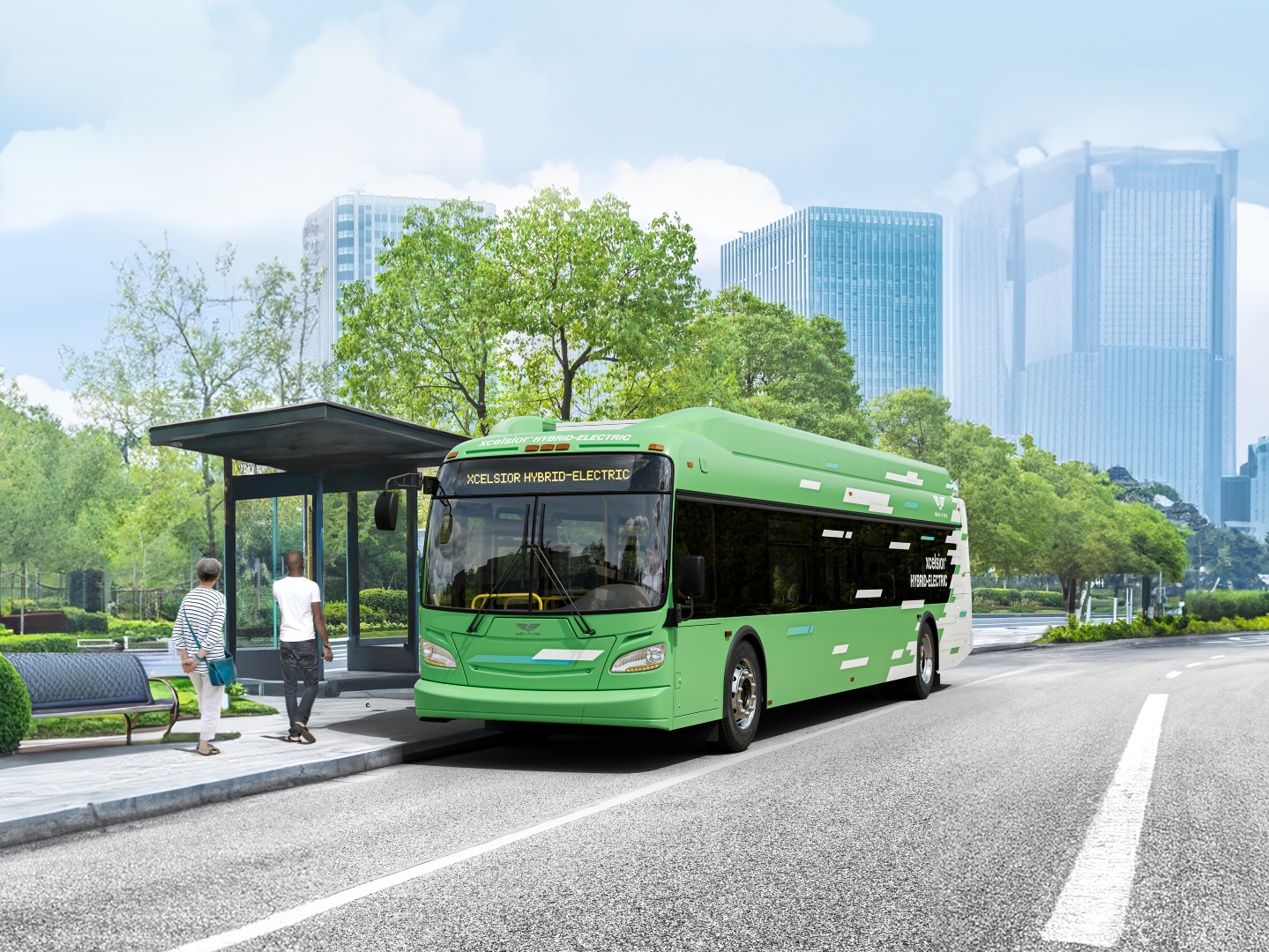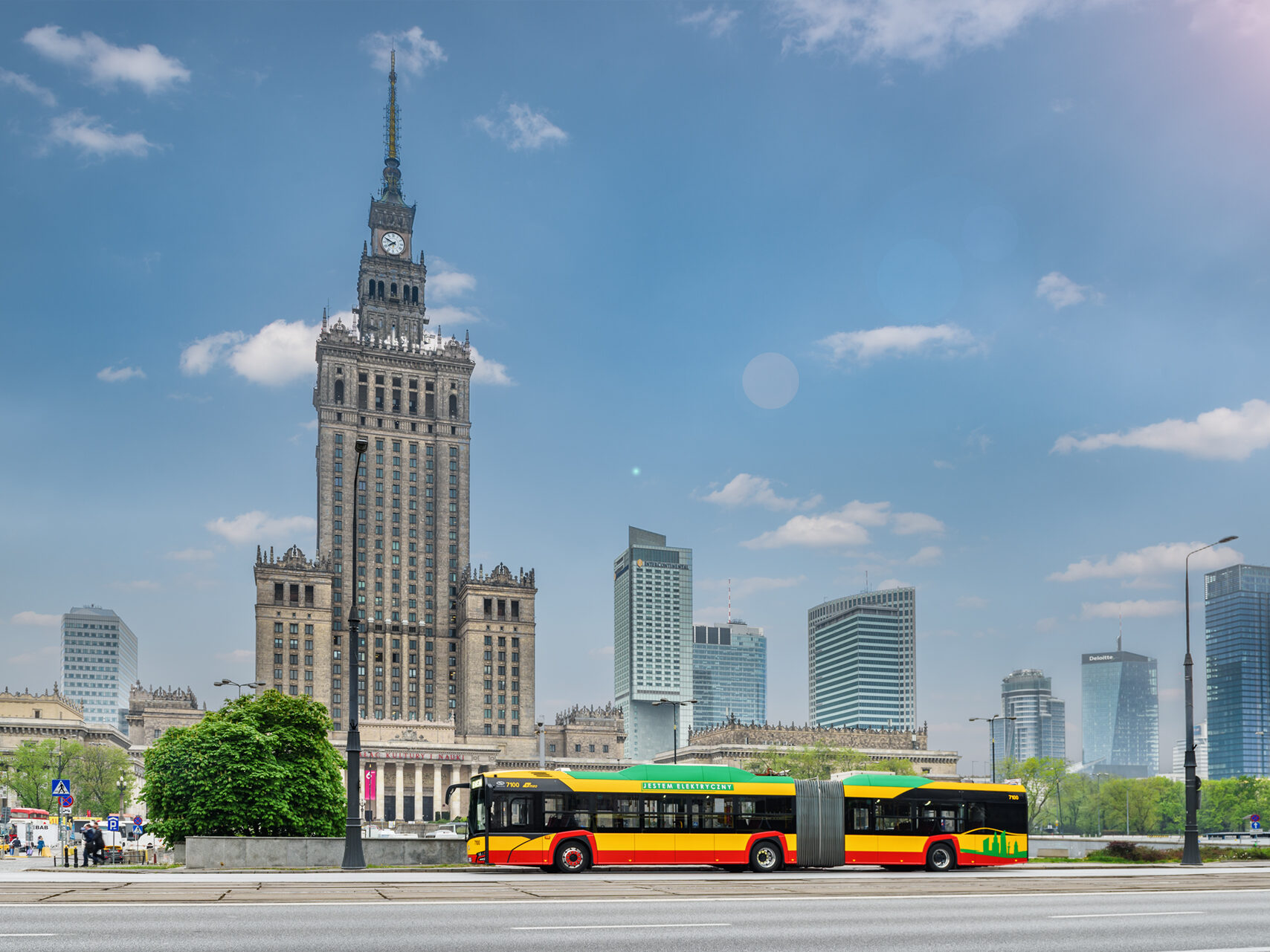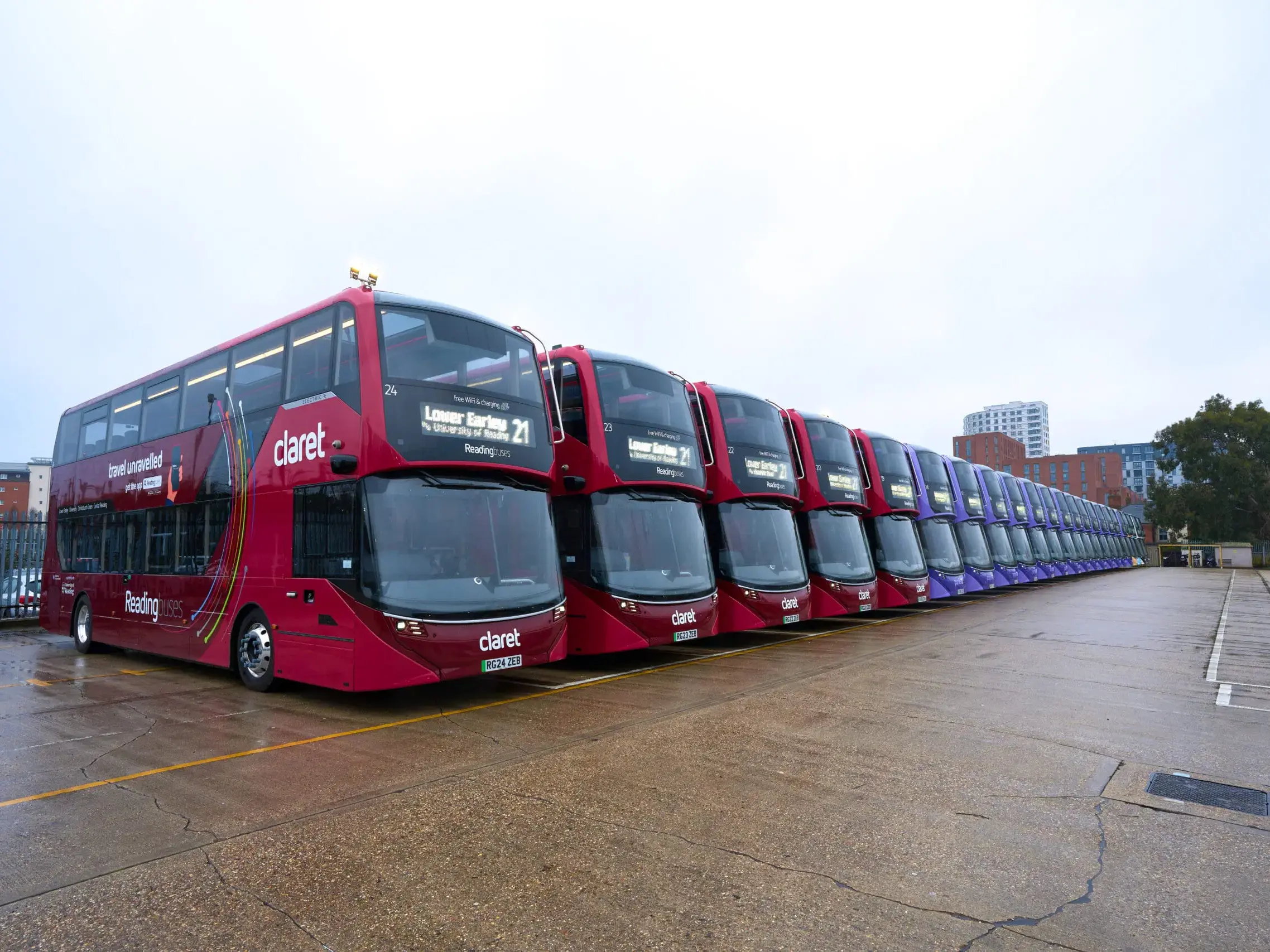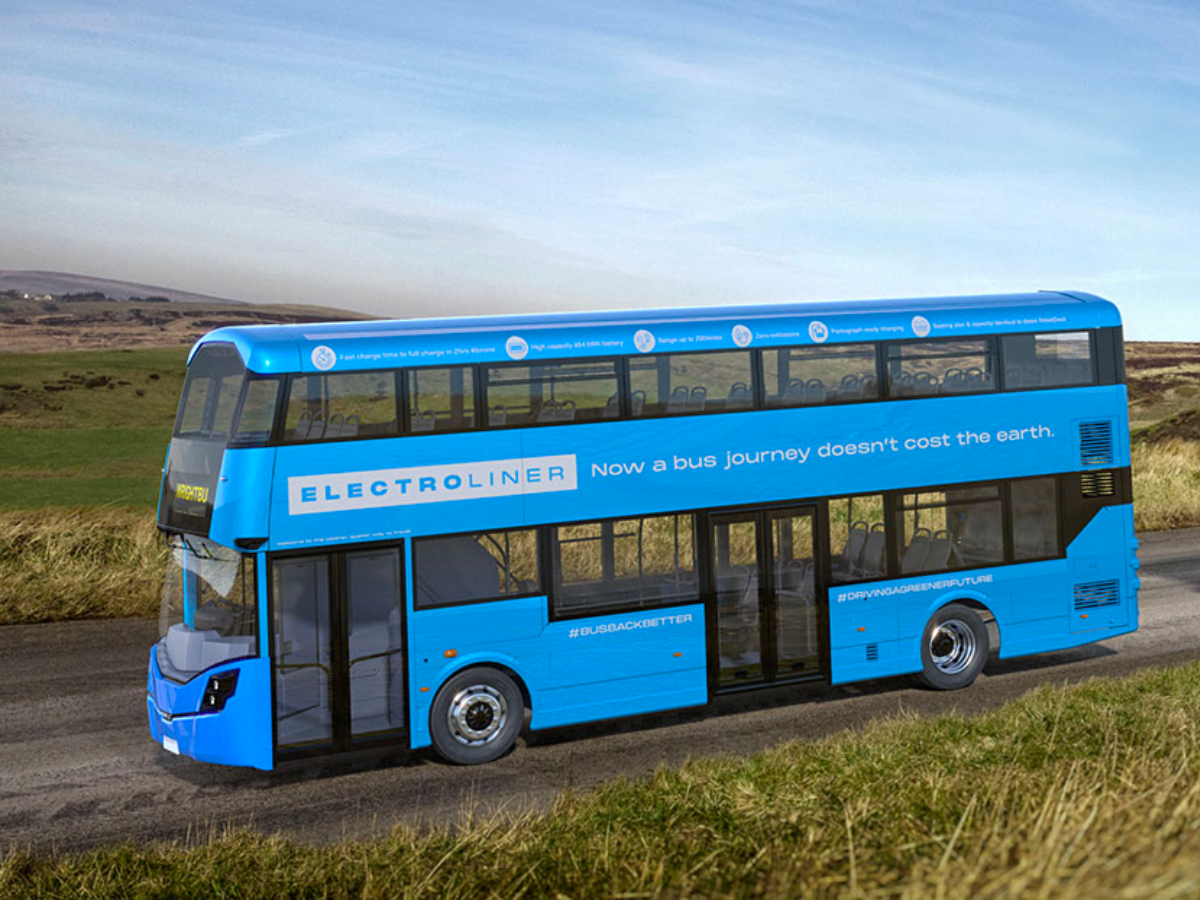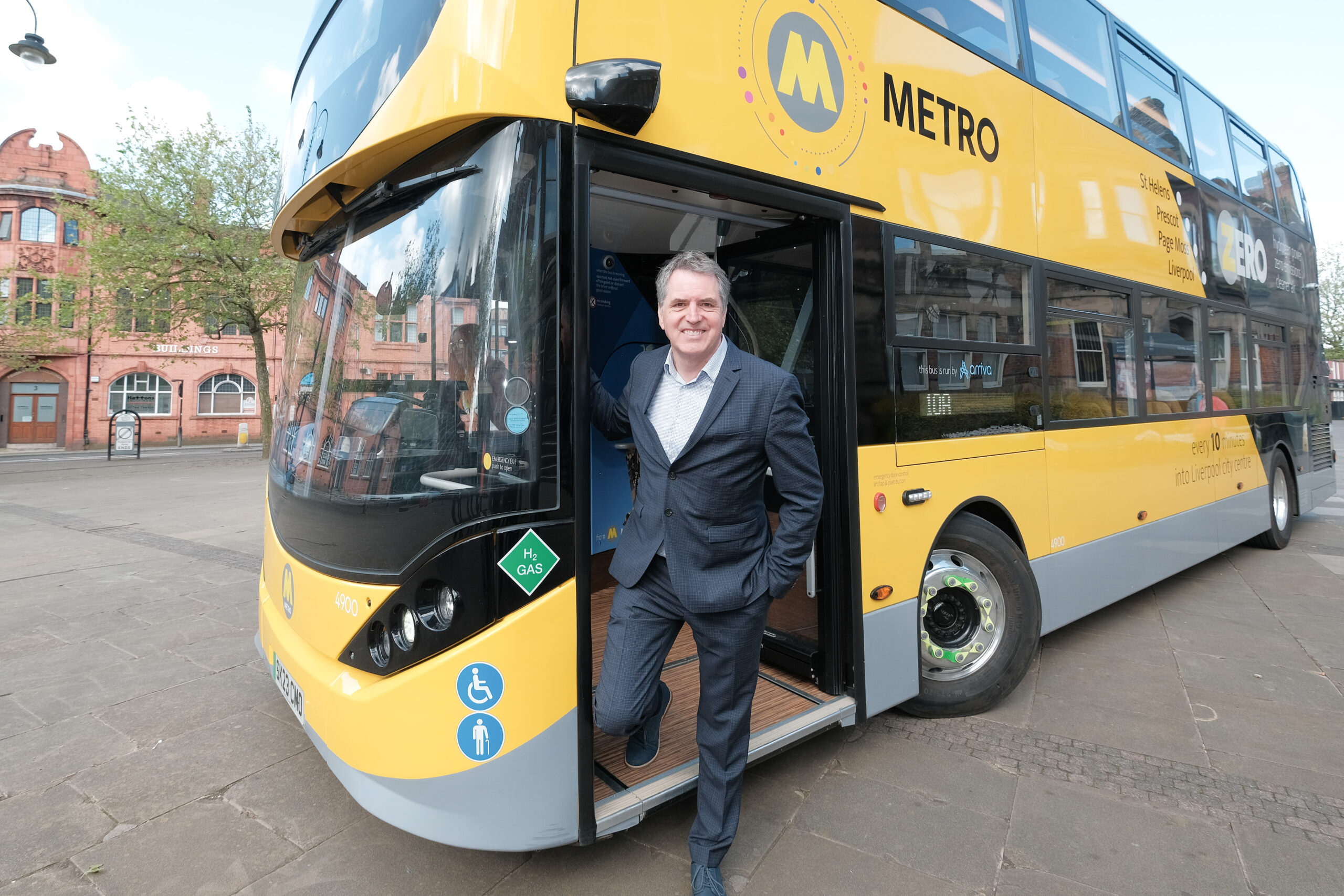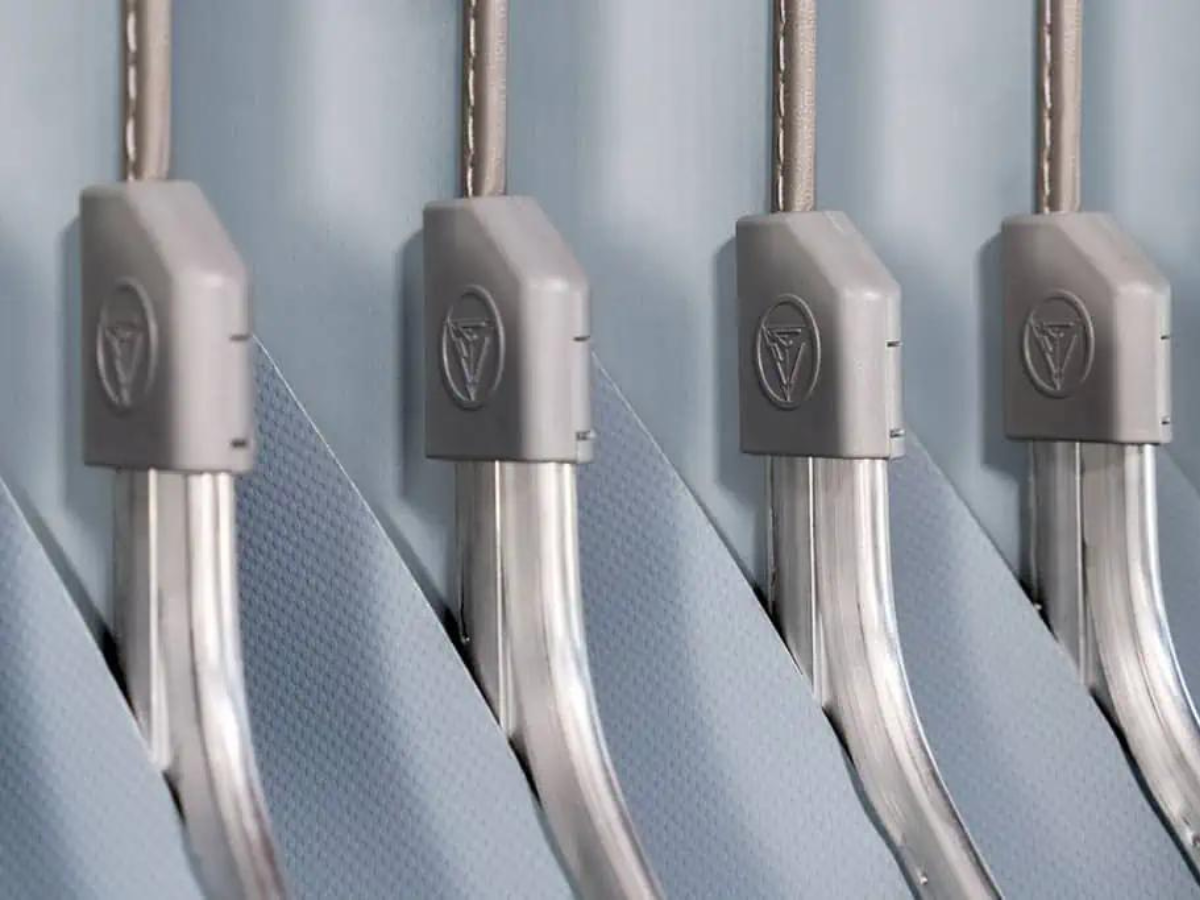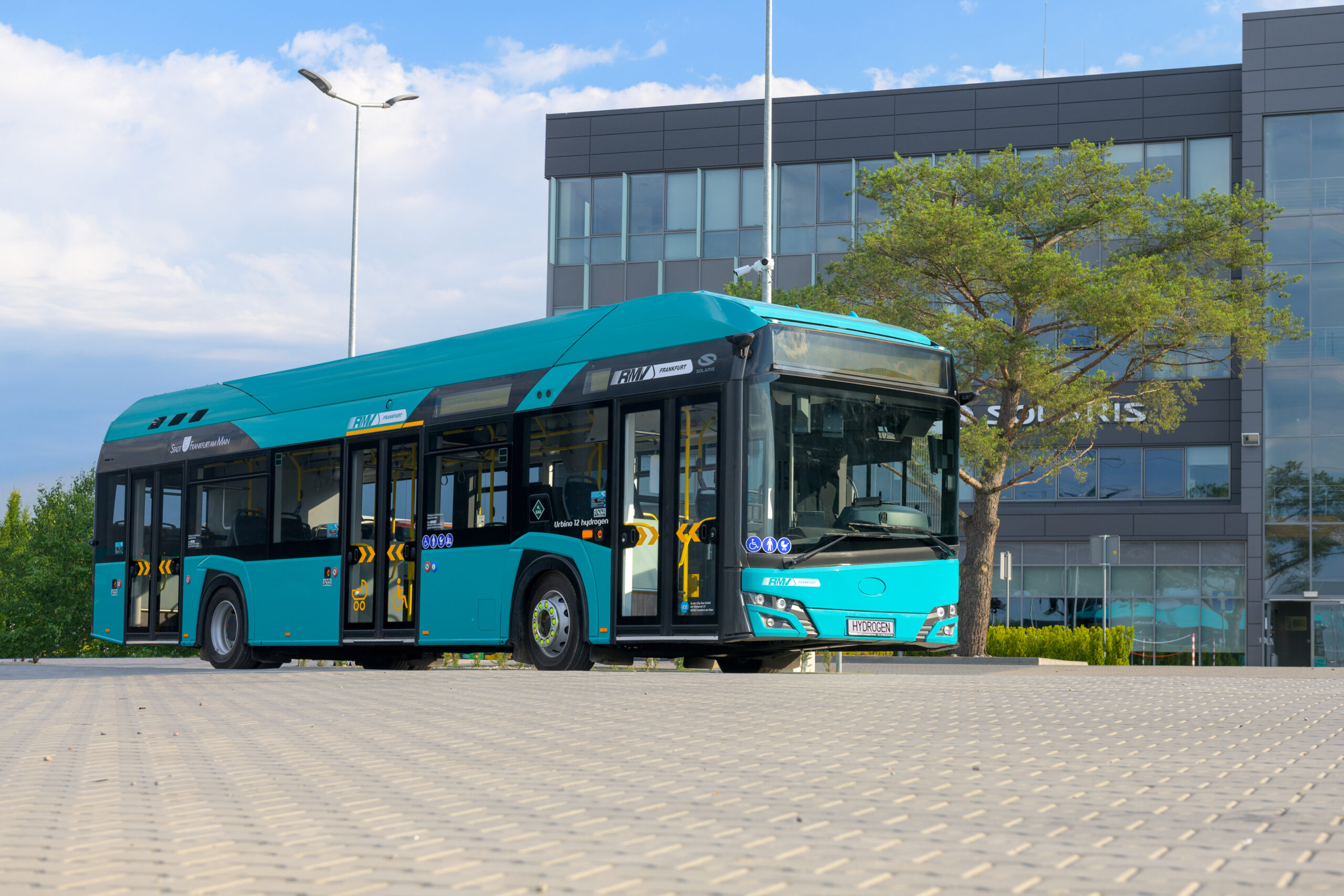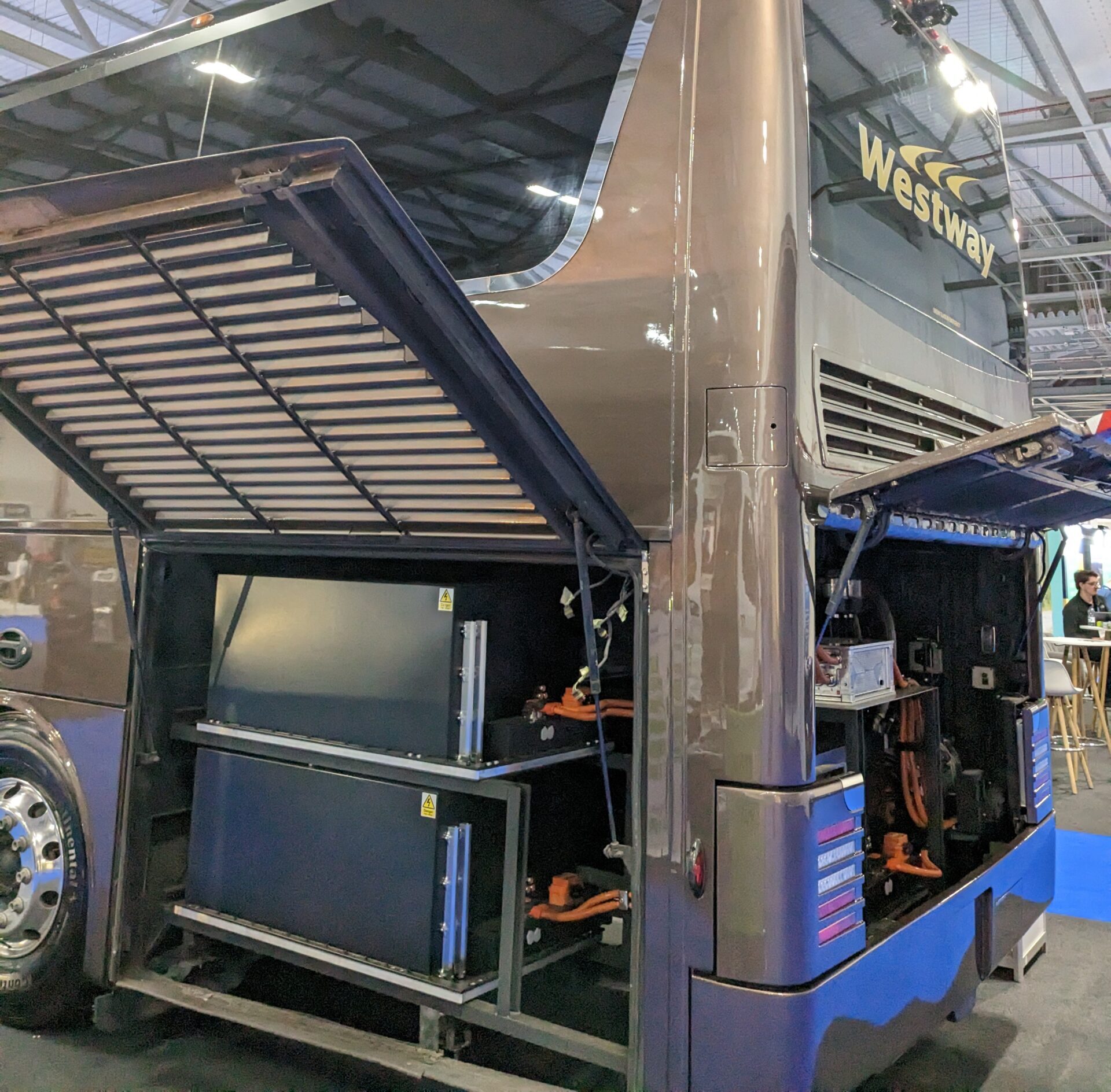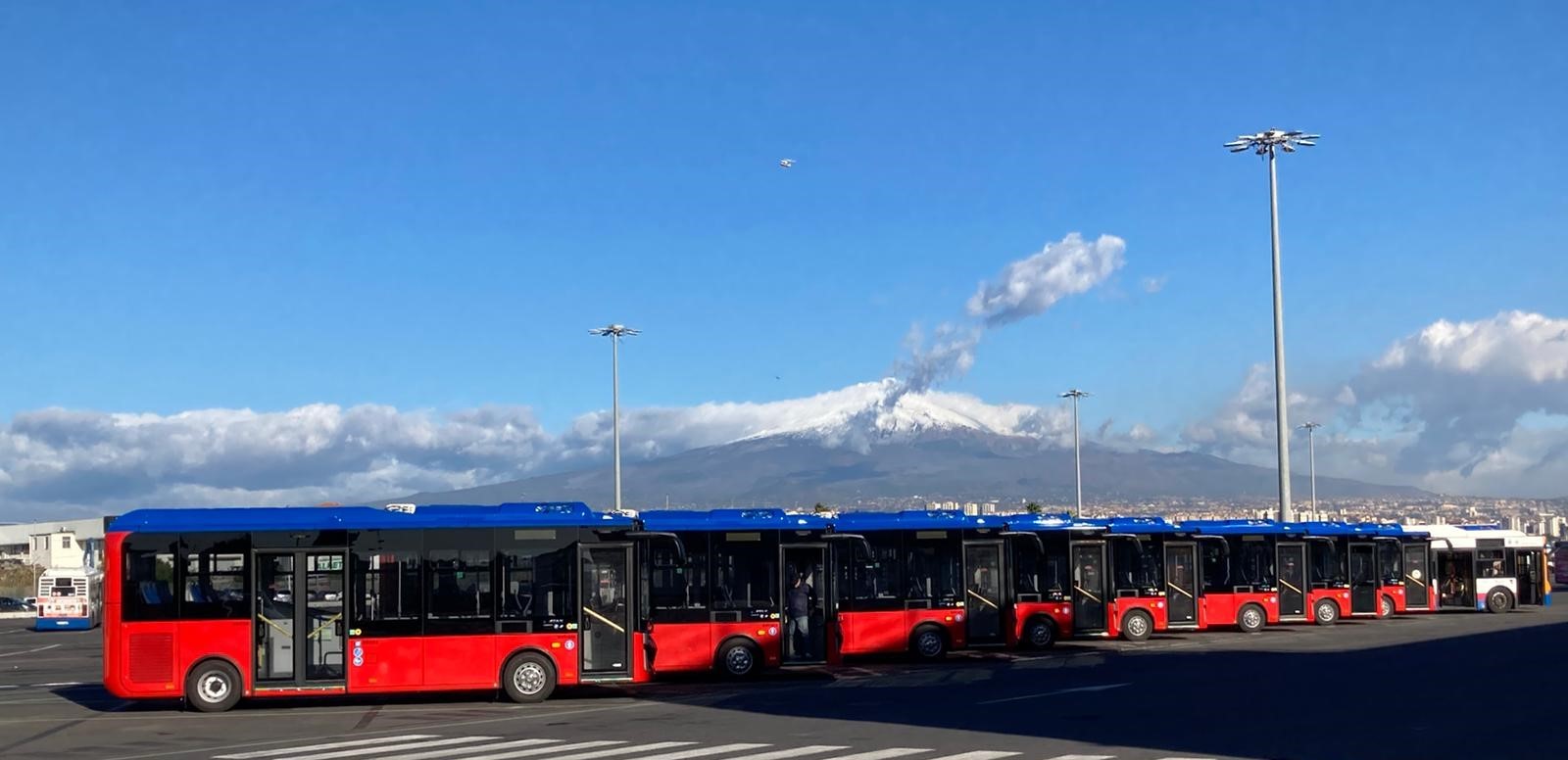Daimler Buses has announced that it will be showcasing its first series-production electric eCitaro bus with a fuel cell range extender at the UITP Global Public Transport Summit (GPTS).
The Mercedes-Benz eCitaro fuel cell is a new articulated bus with a range of up to 350 kilometres and a passenger capacity of 128.
It has thus been designed as a solution for transport agencies aiming to operate longer routes with zero-direct-emission vehicles without having to stop and recharge.
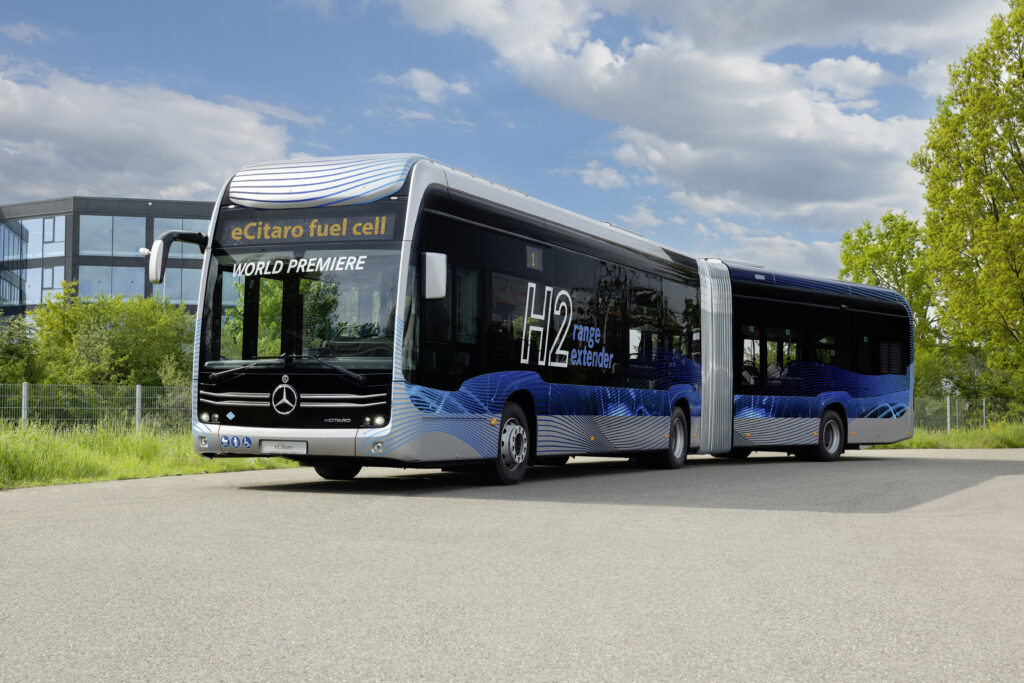
The vehicle is powered by NMC 3 high-performance batteries, while the fuel cell serves as a hydrogen generator to extend the range.
This combination enables economical operation compared to solely relying on hydrogen to deliver a greater range, as electricity from the grid is available at a lower price than green hydrogen.
In contrast to a hydrogen vehicle with a small battery, the eCitaro fuel cell is also significantly better at storing energy recovered during braking thanks to its large batteries.
In addition, the battery capacity of up to 392kWh enables high levels of drive output over longer distances, such as on inclines in mountainous terrain, without the fuel cell having to operate in its top, inefficient power mode.
Indeed, throughout operations, the Mercedes-Benz eCitaro fuel cell uses a sophisticated electronic control system to regulate the mix of battery power and fuel cell operation in the most efficient way.
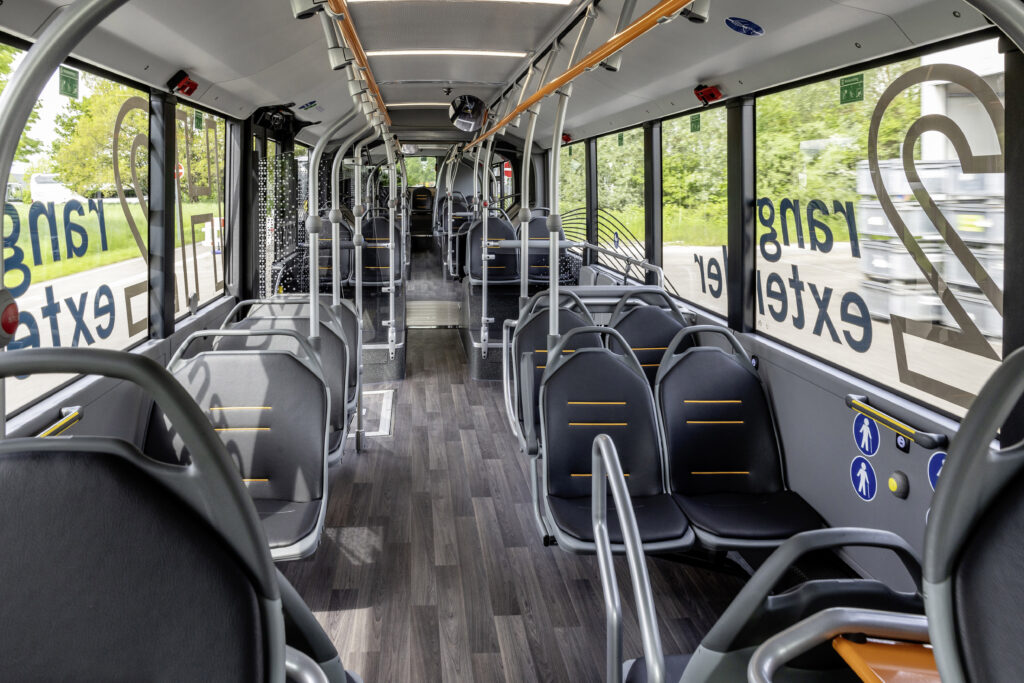
Before its launch at UITP GPTS in June, the eCitaro has had to pass several endurance and functional tests.
The hydrogen tanks have been tested for fire, impact and temperature resistance in accordance, and all components, including those on the roof, have undergone vibration and sled tests to simulate an impact.
In addition, the new thermal management system has completed laboratory and practical tests in extremely hot and cold environments.











